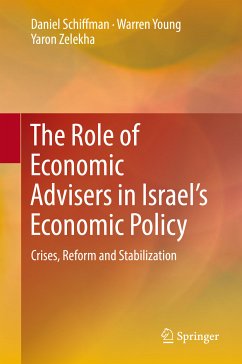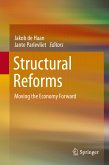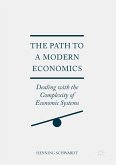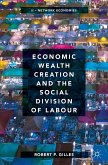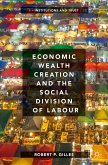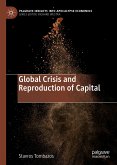Daniel Schiffman is Senior Lecturer in the Department of Economics and Business Administration at Ariel University, Israel. He specializes in economic history and the history of economic thought. His publications include: "Shattered Rails, Ruined Credit: Financial Fragility and Railroad Operations in the Great Depression," Journal of Economic History, September 2003; "Mainstream Economics, Heterodoxy and Academic Exclusion: A Review Essay," European Journal of Political Economy, November 2004; "Rabbinical Perspectives on Money in Seventeenth Century Ottoman Egypt," European Journal of the History of Economic Thought, May 2010; "Rabbinic Responses to High Inflation in Israel, 1973-1985," in Levine, Aaron (ed.) The Oxford Handbook of Judaism and Economics, Oxford University Press, 2010; and "The Triumph of Rhetoric: Pigou as Keynesian Whipping Boy and its Unintended Consequences," (with Robert Leeson) in Leeson, Robert (ed.), Hayek, A Collaborative Biography Part III: Fraud, Fascism and Free Market Religion, Archival Insights into the Evolution of Economics, Palgrave Macmillan, 2014. Schiffman studied at New York University (B.A.) and Columbia University (M.A., Ph.D.). He received the Economic History Association's Allan Nevins Prize for best Ph.D. dissertation on the economic history of North America. Warren Young is Associate Professor of Economics and Director of the Azrieli Center for Economic Research at Bar Ilan University, Israel. He is the author and editor of many books and papers on the history of modern Macroeconomics and other topics, including the Economics of Israel. He has been a Visiting Professor at Victoria University of Wellington, New Zealand; Deakin University, Australia; Ben-Gurion University, Israel; Tepper School of Business, Carnegie-Mellon University; Center for the Study of Economic Efficiency, Arizona State University; and a Visiting Scholar at Wolfson College, Cambridge. He was a consultant to the ArchivesProject at the Federal Reserve Bank of Minneapolis. Young holds a Ph.D. from the University of Cambridge, England.
Yaron Zelekha is Associate Professor at the School of Business, Ono Academic College and a leading public lecturer and economic consultant. At Ono Academic College, he is President of the Higher Academic Council, Head of the Accounting Specialization, and former Dean of the Faculty of Business. He served as the Accountant-General of the State of Israel in 2003-2007, as head of economic affairs in the Prime Minister's Office in 1996-1998, and in various corporate positions, including board memberships and chairmanships. He has chaired several government-appointed committees and received numerous prizes for his government and policy work. In his public lectures, he analyzes Israel's socioeconomic problems and advocates policy reforms to promote sustainable and inclusive growth. As a consultant, he specializes in mediation and
arbitration of business and labor disputes. He has published five books and dozens of articles in both Hebrew and English. His books are: The Black Guard (2008), Uncertainty, Expectations and Macroeconomic Policy in Israel (2009), Reforming the Consumption Patterns (2011), The Macroeconomics of Corruption (2013) and The Four Hundred Blows and Other Movies: On Leadership, Values, Ethics and Esthetics in Twentieth-Century Cinema (2015). Zelekha holds a Ph.D. in Economics from Bar Ilan University and is a Certified Public Accountant.

